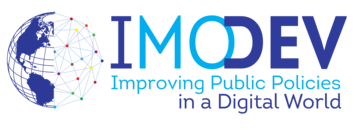Systèmes économiques & Gouv. ouverts
Salle / Hall : Bibliothèque Cujas - Salle de conférences
Horaire / Schedule : 16h40 - 18h00
Président de séance : Ricardo Sayeg (Prof. PUC/SP) & Henrique Nelson Calandra (Presidente Associação dos Magistrados Brasileiros - AMB, Desembargador do Tribunal de Justiça do Estado de São Paulo)
Langue / Language : Português/Français
Intervention 1. Government Transparency and Citizen Participation in light of the principle of Fraternity
Gisele Oliveira Soares - Avocate, São Paulo (Brésil) & Carolina Gladyer Rabelo – Avocate, São Paulo (Brésil), Instituto do Capitalismo Humanista (Brésil)
Freedom, Equality and Fraternity were the three-dimensional principles of the French Revolution. Alongside with the advent of the republican ideals, freedom and equality have been subject of profound juridical researches. Nevertheless, fraternity has not yet played the main role in legal studies, inspite the fact that fraternity denotes mutual support within a group, implies organization of people with common interests or beliefs. The right to government transparency and its influence in citizen cooperation arises from the fraternity principal. As a consequence, the public participation provides empowerment of the citizens, encourages social control toward common good, which results in government accountability through transparency.
Intervention 2. The Government Obligation of Transparency and Digital Accessibility for a Permanent and Updated HDI Data Survey
Ricardo Hasson Sayeg – Professeur, Université catholique pontifical de São Paulo, Ageu Libonati - Avocat, São Paulo (Brésil), Renato Maso Previde – Avocat, Franca (Brésil) - ICH (Brésil)
Human Rights are subjective birthrights, which arise from the human dignity principle. Their effectiveness is measured by the level of human development of the nations of the earth. This level is objectively parameterized by the HDI (Human Development Index) surveyed by UNDP (United Nations Development Programme). Nevertheless, the HDI is formed by standards of longevity, schooling and income of a population. Thus, considering that a nation´s higher HDI means a better development, it is natural that governments desire to shirk or misconduct such index, while, on the other hand, it is a right of each population of the earth that the levels of structure of HDI are presented and digitally accessible, in a permanent form, updated and transparent by each government.
Intervention 3. The importance of digitalisation and making the information about work available in the international context
Juliana Ferreira Antunes Duarte - Avocate, Professeur, Université catholique pontificale de São Paulo, Instituto do Capitalismo Humanista (Brésil)
Work-related data disseminated among members of the International Labour Organization-ILO can influence the shape and the equitable distribution of work,in order to guide public policies of distribution and maintenance of employment: the socio-economic stability. Thepublishing of the data can still drive best practices and consumption.
Intervention 4. The link between economic systems and human rights and the state's duty of transparency in the digital age
Eduardo Garcia de Lima - Avocat, São Paulo (Brésil) & Daniel Carnio Costa - Magistrat et Maitre de conférences à l’Ecole de la magistrature de São Paulo (Brésil)
Do human rights link with economic systems? In other words, is the economic order neutral in relation to human rights? The answer is that the economic order is not neutral in relation to human rights, and, more than that: the allocation of any economic system must be the realization of human dignity, and, consequently, of all human rights. In the digital era it is the government´s duty to disclose violations of human rights, especially social exclusion due to economic suppression and poverty, which allow gather results from public policies developed in the context of the economic order, aiming the effectiveness of human rights.
Intervention 5. Fintechs: a comparative study regarding the regulation in Brazil and the USA
Luiz Gustavo Bacelar - Avocat, São Paulo, Instituto do Capitalismo Humanista (Brésil)
The transparent dissemination of information regarding public affairs and economic data by the government is required. The emerging trend of startups at the Digital Era has reached the financial sector, with the characteristic of disruption of such enterprises. Meanwhile, governments are struggling to keep up with the latest technologies and put forward by the fintechs, which are already gathering users around their solutions at the Financial System. In this scenario, a comparison between the Brazilian and the North American governments reviews that the problem of regulating, in particular the economic regulation, could affect government transparency and, consequently, the human right of good public governance.
Intervention 6. The right to disconnection
Renato Maso Previde, Avocat, Franca (Brésil), Instituto do Capitalismo Humanista
The Law "El Khomri" (or Labour Law) was published in the French Official Journal of 09.08.2016, after validated by the Constitutional Council. The disconnect here is not about the existence of marginal individual to the technology, but the worker's right not to receive communications or employer's requests during their resting time. Technology has allowed, through free access to this, either smartphones or computers, sending electronic messages during the worker's period of rest, which is bound, by the technological dependence, combined with the employer's hierarchy, responded it, which generates more hours of the employer's disposal, even in moments of rest. There is convergence of this right to a humanistic capitalist economic system, which calls for one of its pillars, social justice.
Intervention 7. Humanistic Capitalism and the humanization of economic systems throught the internet
Rodrigo Campos Hasson Sayeg – Université catholique pontificale de São Paulo, Instituto do Capitalismo Humanista
This article seeks to demonstrate how the humanistic captalist theory, seeks to humanize the economic systems, as well as showing the difficulties it could face. Moreover it also seeks to show how the internet can be used as a medium to surpass such difidulties and atain the goal of humanizing the economic systems and the captalist logic.
Intervention 8. La Finance digitale au Congo
Eudoxie Christelle Mbongo - COTRAMAR (Congo-Brazaville)
La dernière crise financière mondiale a compromis certains progrès accomplis depuis le début du XXIe siècle. Cependant, les tendances sont manifestement favorables en Afrique. De nouveaux acteurs et de nouveaux produits, reposant souvent sur les nouvelles technologies, ont contribué à améliorer l’accès aux services financiers, en particulier aux produits d’épargne et de paiement.
Premièrement, nous verrons comment la concurrence peut-être le moteur par excellence de l’innovation financière qui permettra l’approfondissement et l’élargissement des systèmes financiers au Congo en l focalisant sur les services financiers plutôt que sur des institutions précises? Dans un environnement économique qui est complexe, interconnecté et imprévisible, quelles sont les forces qui rebattent les cartes de la fonction Finance ? Deuxièmement, nous comprendrons, comment les données ouvertes peuvent transformer quelques handicaps (gouvernance, économie informelle) de notre économie en des opportunités pour développer un système financier prospère ? Dans la cadre de la dimension humaine, comment atteindre la frontière qui permettra de transformer la population bancable en population bancarisée et de la repousser vers l’extérieur en transformant la population non bancable en population bancable (les entreprises et les ménages non bancarisés en clients potentiels et, au final en clients effectifs des banques) ? Et enfin, nous appréhenderons, comment cette transformation nécessite un effort d’alphabétisation financière en faveur, tant des ménages que des entreprises ?



